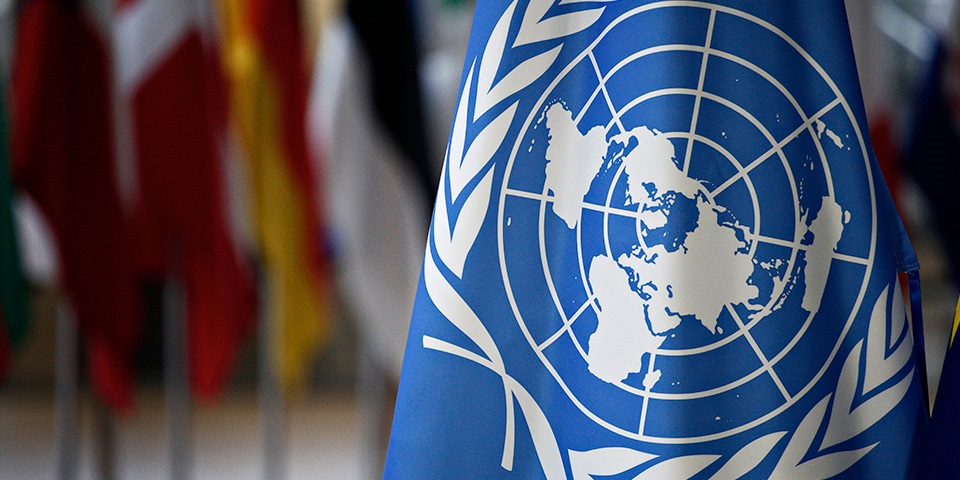Latest news
News
Environmental peacebuilding in the wake of war

The impact of violent conflict on environmental security is one of the most significant challenges of the modern world, directly affecting human survival during and after experiences of war.
Tobias Ide, a Senior Lecturer at Murdoch University, recently addressed this issue before a committee of experts at the United Nations.
Climate change is a threat multiplier that increases the risks of political instability in local and global contexts. At its recent meeting at the United Nations Headquarters in New York, the expert committee explored strategies to ensure a greener, more inclusive, and resilient world at a time of multiple crises, such as war.
Local and traditional communities have often stepped up as environmental peacebuilders, especially in the contexts of armed conflict and big statehood. Yet, Dr Ide has found that peacebuilding is often particularly successful if state institutions support, recognise and cooperate with local institutions and communities.
In East Timor, for instance, local communities have used the traditional tara band process to rebuild social relations and protect land and forest resources. Local government councils and the police acknowledge and help with the enforcement of the regulations that local communities agree to.
It is becoming clear that environmental cooperation and the sustainable management of natural resources can contribute to peacebuilding in at least three ways.
First, by avoiding conflict over scarce and valued resources, like water and land. Second, by building trust and understanding between those actors who are involved in resource cooperation. And, third, by providing sustainable livelihoods that are an alternative to war. “Think,” Dr Ide noted, “of former combatants now earning an income through agriculture, rather than through fighting.”
War causes enormous ecological destruction. But peace processes, including environmental peacebuilding, can also have adverse effects on the environment. Once a war is over, an area often becomes safer for those who seek to exploit its natural resources. Traditional institutions can lose their impact as others move in. This can be compounded by economic pressures: the need for revenue to help communities rebuild after conflict can be high, which increases the risk of resource exploitation and its ecological impact.
Dr Ide therefore identifies two key tasks in environmental peacebuilding: the relevance of local and traditional institutions needs to be acknowledged, and the environmental impact of peace processes must also be monitored.
Want to know more?
You can read more about Murdoch’s Environment, Conflict and Security program, which equips graduate to analyse global environmental challenges and develop forward-looking solutions.
You can also watch the United Nations Committee of Experts on Public Administration, in which it hears from world leaders, such as Tobias Ide, on strategies to achieve global Sustainable Development Goals (SDGs).
News
Environmental peacebuilding in the wake of war
Posted on